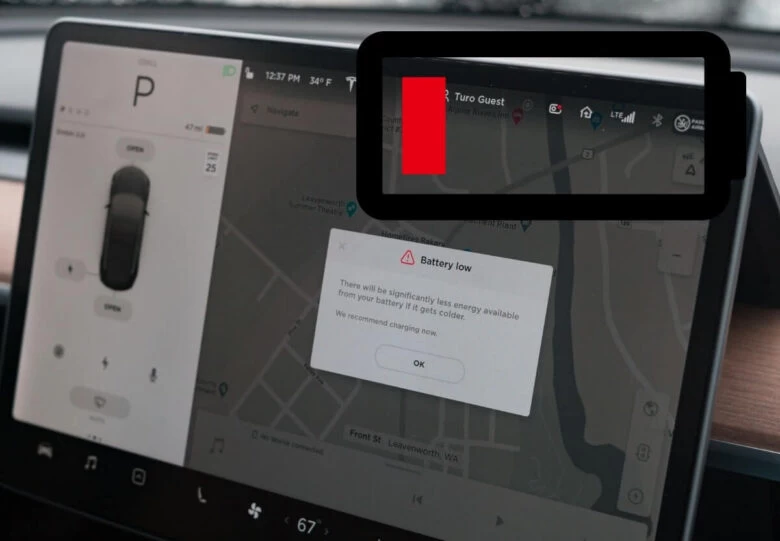Electric vehicles (EVs) have gained immense popularity in recent years, offering a cleaner and more sustainable mode of transportation. As the world transitions toward a greener future, many are curious about the capabilities of electric cars. One question that frequently arises is, “How long can an electric car go without charging?” In this article, we’ll delve into the fascinating world of EVs to provide you with insights into their range and factors that affect it.
Understanding EV Range
The range of an electric car refers to the distance it can travel on a single charge before it needs to be plugged in. The answer to the question, “How long can an electric car go without charging?” depends on several key factors:
1. Battery Capacity
The primary determinant of an EV’s range is its battery capacity. EVs come with varying battery sizes, typically measured in kilowatt-hours (kWh). The higher the kWh, the longer the car can travel without recharging. For example, a Tesla Model S with a 100 kWh battery can travel significantly farther on a single charge compared to a smaller electric vehicle with a 40 kWh battery.
2. Vehicle Efficiency
Efficiency plays a crucial role in determining how far an electric car can go. Highly efficient EVs require less energy to cover the same distance. Factors like aerodynamics, weight, and tire resistance impact efficiency. Car manufacturers constantly strive to improve these aspects to extend an electric car’s range.
3. Driving Conditions
The terrain and driving conditions can influence an electric car’s range. For instance, driving uphill or in extreme weather conditions may require more energy, reducing the distance an EV can travel without charging. Conversely, driving downhill or in mild weather can improve range.
4. Speed
The speed at which you drive can also affect the range of your electric car. Higher speeds generally result in greater energy consumption, reducing the distance your EV can cover. Slower, more economical driving can maximize the range.
5. Climate Control
The use of climate control systems, such as air conditioning or heating, can impact an electric car’s range. These systems draw power from the battery, so using them sparingly can help you go further without charging.
How Long Can an Electric Car Go Without Charging?
Now, let’s answer the key question of this article: “How long can an electric car go without charging?” The answer varies widely based on the factors mentioned above and the specific make and model of the electric vehicle.
On average, many modern electric cars can travel between 100 to 370 miles on a single charge. High-end models, like the Tesla Model S and Model 3, can achieve ranges closer to 370 miles, thanks to their large battery capacities and efficiency enhancements.
However, it’s important to note that some electric cars, particularly compact and affordable models, may have a range of 100 to 150 miles. While this may be sufficient for daily commuting and local errands, it may not be suitable for longer trips without stopping to recharge.
It’s also worth mentioning that the EV industry is rapidly evolving, with manufacturers continually pushing the boundaries of range capabilities. Newer models are likely to offer even longer ranges as technology advances.
Tips for Maximizing Your Electric Car’s Range
If you’re looking to get the most out of your electric car’s range, consider these tips:
- Charge to 100% when needed but avoid frequent full charges to extend battery life.
- Drive efficiently by avoiding rapid acceleration and high speeds.
- Minimize the use of climate control systems, especially in extreme weather conditions.
- Plan your routes to include charging stations when traveling long distances.
- Keep your tires properly inflated to reduce rolling resistance.
Conclusion
In conclusion, the answer to the question, “How long can an electric car go without charging?” varies based on factors such as battery capacity, efficiency, driving conditions, speed, and climate control usage. While modern EVs can offer impressive ranges, it’s essential to consider these factors and follow best practices to maximize your electric car’s range. As technology advances, we can expect even longer ranges, making electric vehicles an increasingly viable choice for a wide range of drivers.
Stay tuned for more updates on the ever-evolving world of electric cars and their capabilities.
